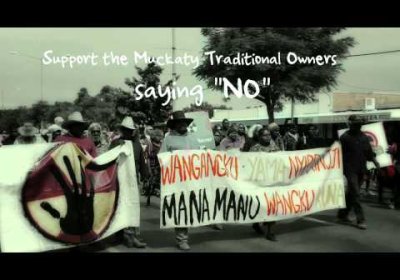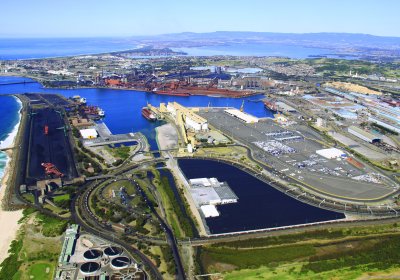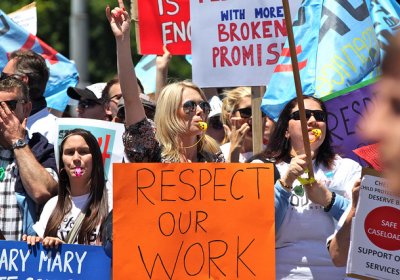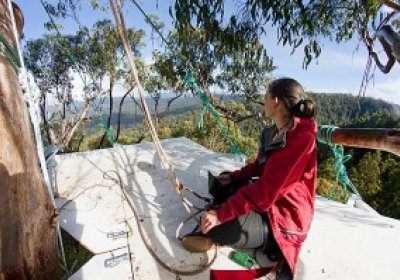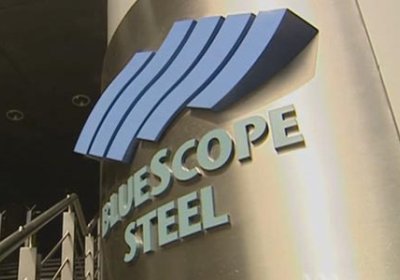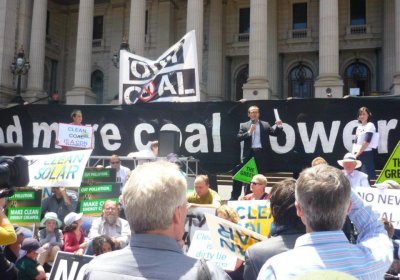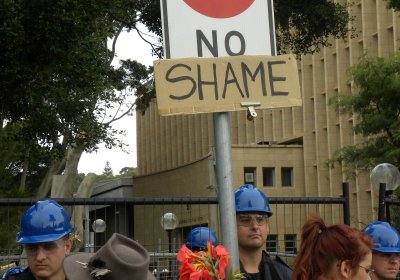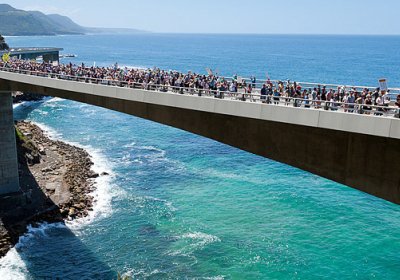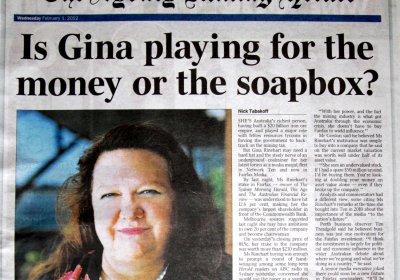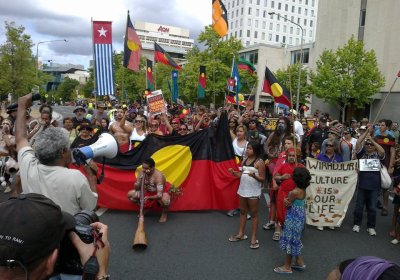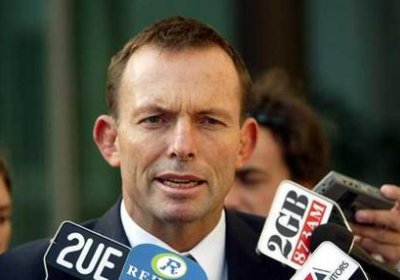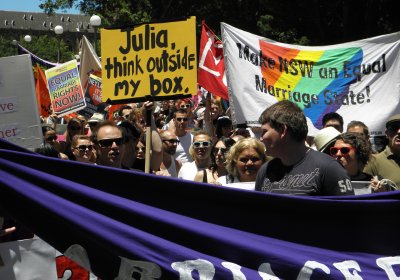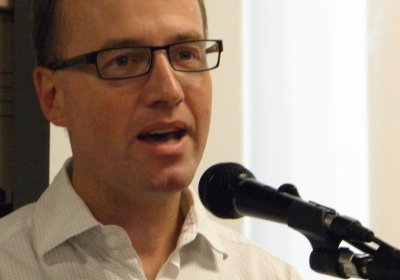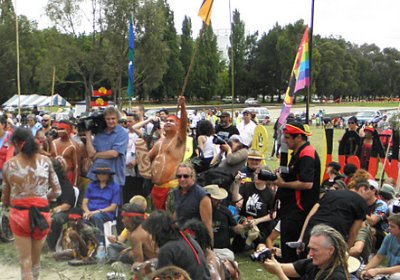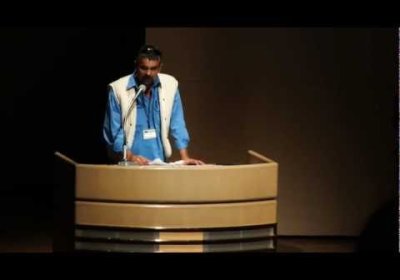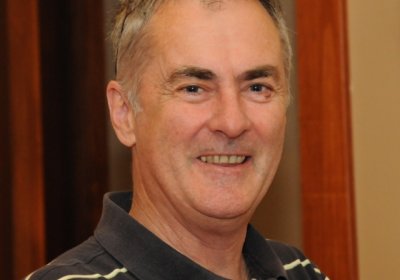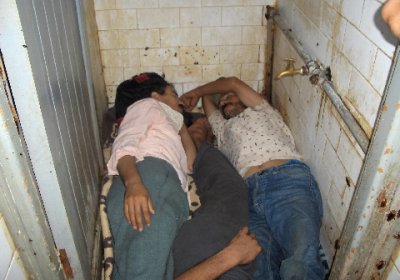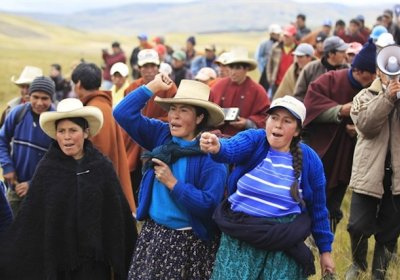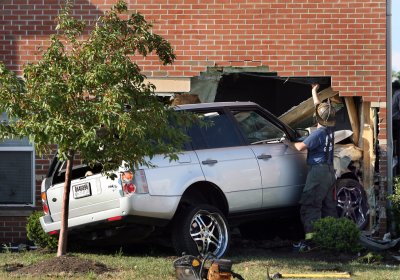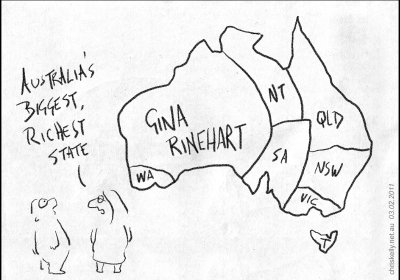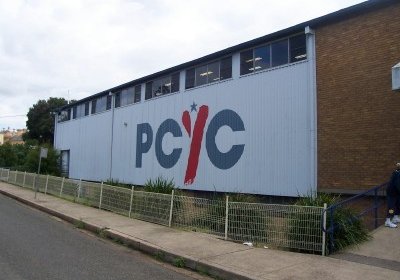Many Muckaty Traditional Owners are opposed to establishment a radioactive waste dump on the Muckaty Land Trust, 120 kilometres north of Tennant Creek in the Northern Territory.
Issue 909
News
The statement below was posted on the Observer Tree blog on February 3.
Green Left Fighting Fund
Analysis
US gangster Al Capone once said: “Capitalism is the legitimate racket of the ruling class.” 19th century US president Thomas Jefferson said: “Banking institutions are more dangerous to our liberties than standing armies.”
Pat Eatock, a veteran of the 1972 Aboriginal Tent Embassy, was recently splashed all over the news holding the Prime Minister's shoe. The shoe was lost when Julia Gillard was clumsily evacuated with opposition leader Tony Abbott by her panicked security detail from a function just 100 metres from the 40th anniversary gathering at the Aboriginal Tent Embassy. The gathering took place next to the Old Parliament House in Canberra on January 26.
Arabunna man Peter Watts is the co-chair of ANFA, the Australian Nuclear Free Alliance. Formed in 1997, ANFA (formerly the Alliance Against Uranium) brings together Aboriginal people and relevant NGOs concerned about existing or proposed nuclear developments in Australia, particularly on Aboriginal homelands.
Bob Briton, the Communist Party of Australia (CPA) by-election candidate for the seat of Port Adelaide, launched his campaign at a function on January 21.
